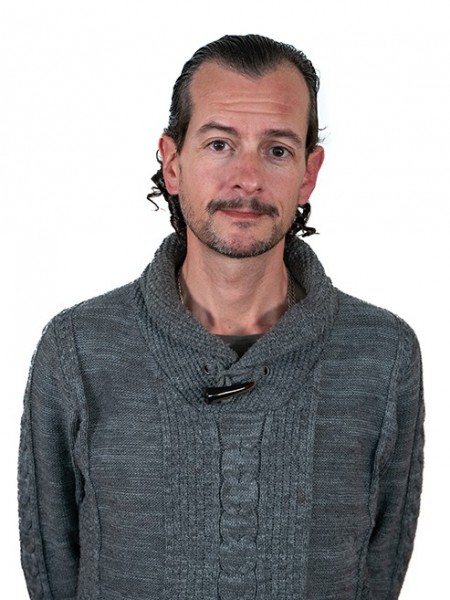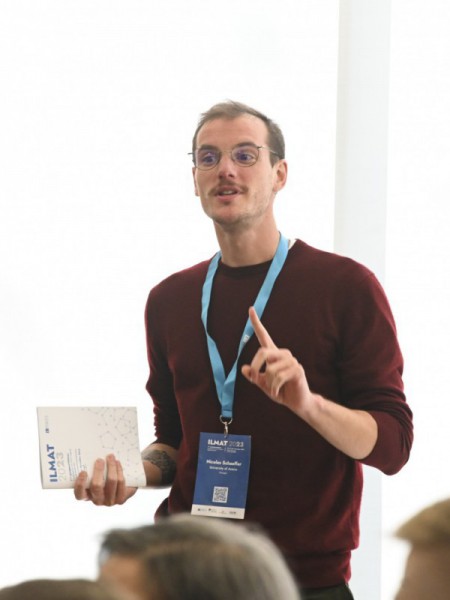resumo
In this work, the challenging solvent extraction (SX) separation of Pt(iv) from Pd(ii) is investigated using non-ionic hydrophobic type V deep eutectic solvents (DES) incorporating trioctylphosphine oxide (TOPO) as a constituent. Type V DES are highly structured solvents characterised by the existence of an intermolecular hydrogen bonded network, the strength of which dictates their non-ideality and varies with the eutectic composition. The extraction efficiency and selectivity were found to strongly vary with the TOPO molar fraction (x(TOPO)) and nature of the hydrogen bond donor, presenting an antagonism between the SX mechanism and the intermolecular interactions of the DES components. However, the antagonistic effect with increased hydrogen bonding does not influence all extracted species proportionally: whilst Pt(iv) extraction remained largely unaffected (%EE >= 90%), extraction of Pd(ii) dropped sharply allowing for a ten-fold increase in selectivity compared to traditional TOPO-based SX systems. The higher TOPO concentration in DES enabled maximum loading concentrations significantly superior to those in extractant-organic diluent systems. Furthermore, the extensive number of hydrogen bonded configurations suppresses the formation of a third phase which limits traditional SX using non-ionic extractants, even after extraction of 19.5 g L-1 of Pt(iv) from 8.0 mol L-1 HCl in the TOPO + decanoic acid eutectic. The experimental and molecular dynamics simulation results presented herein identify the criteria for rational type V DES selection and application, providing a new life to otherwise poorly selective extractants through their inclusion in these systems whilst removing the need for organic diluents.
palavras-chave
CONCENTRATED HYDROCHLORIC-ACID; TRIOCTYLPHOSPHINE OXIDE TOPO; MOLECULAR-DYNAMICS; 3RD PHASE; PALLADIUM(II); SYSTEM; PLATINUM(IV); SELECTIVITY; SPECIATION; SYNERGISM
categoria
Chemistry, Multidisciplinary; Green & Sustainable Science & Technology
autores
Vargas, SJR; Perez-Sanchez, G; Schaeffer, N; Coutinho, JAP
nossos autores
Grupos
G4 - Materiais Renováveis e Economia Circular
G6 - Materiais Virtuais e Inteligência Artificial
agradecimentos
This work was developed within the scope of the project CICECO-Aveiro Institute of Materials, UIDB/50011/2020 and UIDP/50011/2020, financed by the national funds through the Portuguese Foundation for Science and Technology/MCTES. N. Schaeffer and G. Perez-Sanchez acknowledge the national funds (OE), through FCT (Fundacao para a Ciencia e a Tecnologia), I.P., in the scope of the framework contract foreseen in the numbers 4, 5 and 6 of the article 23, of the DecreeLaw 57/2016, of August 29, changed by Law 57/2017, of July 19.





